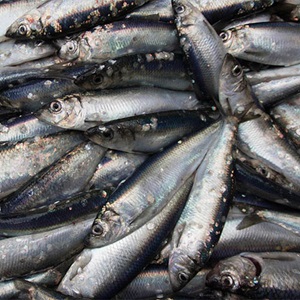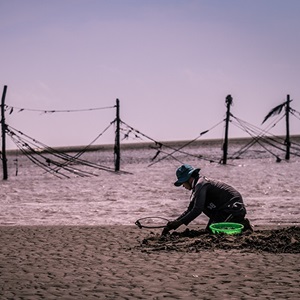The distribution of fish stocks changes over time but has accelerated in recent years because of a changing climate. This heightens the need for international quota agreements to avoid the risk of overfishing.
Fish do not respect national borders, with species often migrating long distances to feed and reproduce. When nations share fish stocks, they must work together to manage them and ensure their long-term sustainability.
Fishing is an integral part of the economy of many coastal states, providing a source of food and employment. Without international agreements on how fish stocks are managed and exploited sustainably, both fish and livelihoods are put at risk.
Catch limits
International scientific organisations recommend how much fish can be caught each year, based on estimates of the population of a species in a given region. Nations that share a fish stock must set a total catch limit that is in line with the scientific advice. They then need to agree how the catch will be shared between them to ensure overfishing does not take place.
One way stocks can be shared is through the allocation of quotas. The participating nations must agree to a set of criteria which define how quotas will be allocated. However, if nations cannot reach an agreement, then each will revert to setting a quota based on their individual needs. When these individual quotas are combined, they often exceed the scientifically advised limit, risking the health of stocks by fishing over the scientific advice.
Shifting stock dynamics
The distribution and abundance of a particular stock in a region can change over time. In recent years these shifts have accelerated due to a rapidly changing climate. Changes to stock distribution can significantly impact quota negotiations. As fish move across national boundaries, some nations may decide they are entitled to a greater share of a stock. However, if other nations do not agree to reduce their own share, often due to historic or political reasons, this can lead to a breakdown in international cooperation and the risk of overfishing.
The Northeast Atlantic is currently a hot spot of shifting stock dynamics, with rising sea temperatures driving many stocks north . There have been changes in the distribution of 16 out of 21 key species in the region since 1985. Half of these changes have involved fish moving across the borders of important management areas.
A key example of shifting stock is mackerel, which rapidly shifted north west in 2007, moving into the waters off Iceland and Greenland. In recent years, however, their numbers have decreased again in this region. The shifting distribution of mackerel has made it difficult to achieve international agreement on how much of the total catch each nation should have.
Impact on MSC certification
The absence of quota sharing agreements can affect a fishery’s ability to achieve and maintain MSC certification. To meet the requirements of the MSC Fisheries Standard, fisheries must ensure stocks are fished within biologically sustainable limits. They must ensure fishing does not affect the health of the stock, and often this is only possible if all nations fishing that stock have an agreed joint management strategy in place.
However, the Fisheries Standard does allow fisheries to make improvements over a set timeframe. Independent assessors may apply conditions of certification which must be resolved within the five-year period of certification. Conditions are intended to drive change and if they are not met, fisheries risk losing their MSC certificates. Fisheries that are set conditions to improve their stock management systems may be unable to resolve them if governments do not reach quota sharing agreements.
As stock distributions continue to shift it is more important than ever for nations to agree quotas within scientific limits. As the impact of climate change increases, nations must take a more adaptive approach to ensure that shared stocks are managed sustainably.

International action needed on herring and blue whiting stocks
The MSC calls for urgent international action to protect Atlanto-Scandian herring and blue whiting after eight fisheries have their MSC certification suspended.

Climate change and fishing
Climate change affects the distribution of fish stocks. To balance economic and environmental priorities, fishing needs to be well-managed and sustainable.

The impact on communities
Fish is an important source of food and income for communities around the world. For many people, sustainable fishing is a necessity, not a luxury.

